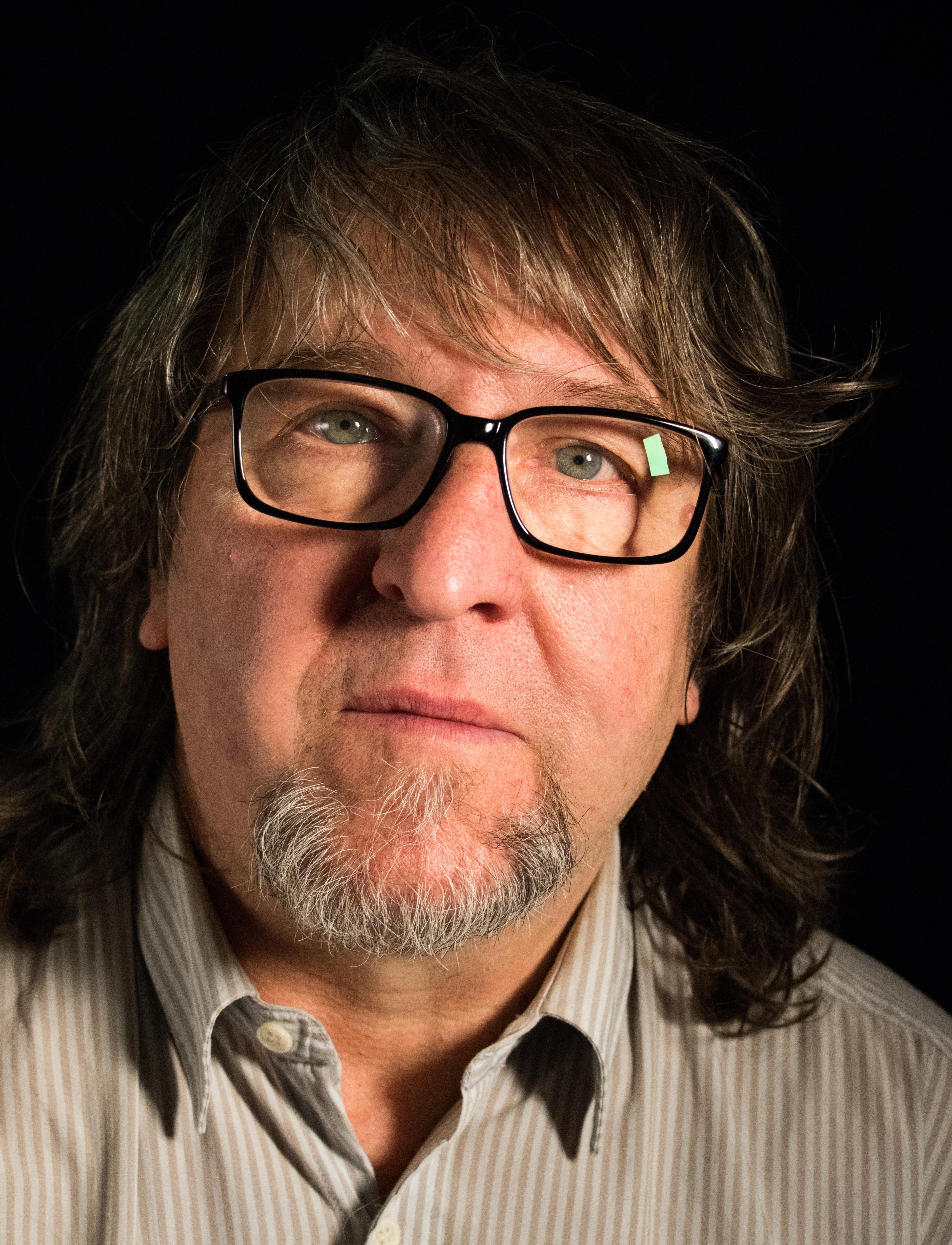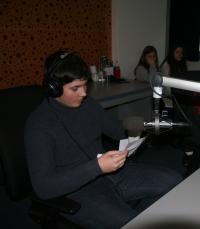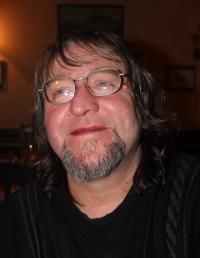We were kind of a symbol of freedom to them

Stáhnout obrázek
Josef Janíček was born on 28 December 1947 in Prague. He trained as a car mechanic, but his greatest passion was always music. He formed his first band with his classmates at primary school, in the 1960s he played in The Primitives Group, and during the normalisation he was a part of The Plastic People of The Universe (a famous Czech alternative culture band, which became a focal point for the dissent in the 1970s - trans.). He performed with them at the underground culture festival in Bojanovice, at the house in Kerhartice, which State Security set fire to after the concert, or in Rychnov near Děčín, among other places. He was interrogated several times and was held in custody for six months at the height of the Communist regime‘s efforts to quash the Czech underground culture. After the Velvet Revolution he played in Půlnoc (Midnight) and was a member of several other bands.

